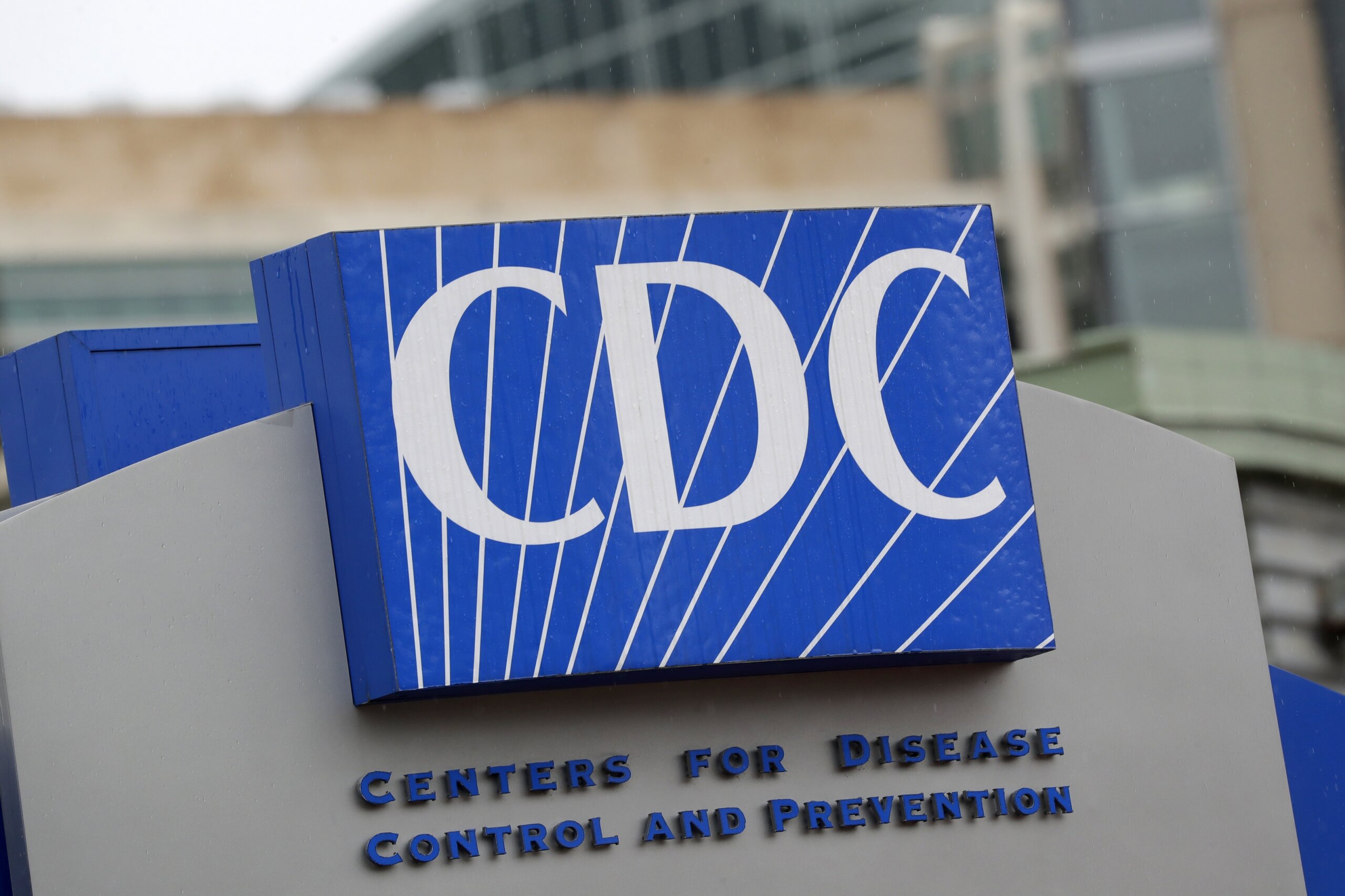Silent Shutdown: Local Health Pros Decode Trump's Agency Gag Order

In a sweeping move that has caught the attention of health professionals and policy watchers, the Trump administration has imposed a comprehensive communication freeze on federal health agencies. This unprecedented directive effectively silences external communications across multiple channels, including critical health advisories, regulatory updates, official guidance, public announcements, and press releases.
The communication blackout is expected to remain in effect at least through the end of the current month, creating uncertainty and potential disruption in the flow of important health information to the public. This sudden halt raises questions about transparency and the potential impact on ongoing public health initiatives and communications.
Federal health agencies, typically responsible for providing timely and crucial health-related information, now find themselves under strict communication restrictions. The move has sparked concern among health experts and advocates who emphasize the importance of open and timely communication in maintaining public health awareness and safety.
As the situation continues to develop, stakeholders are closely monitoring the potential implications of this unprecedented communication freeze on critical health information dissemination.
